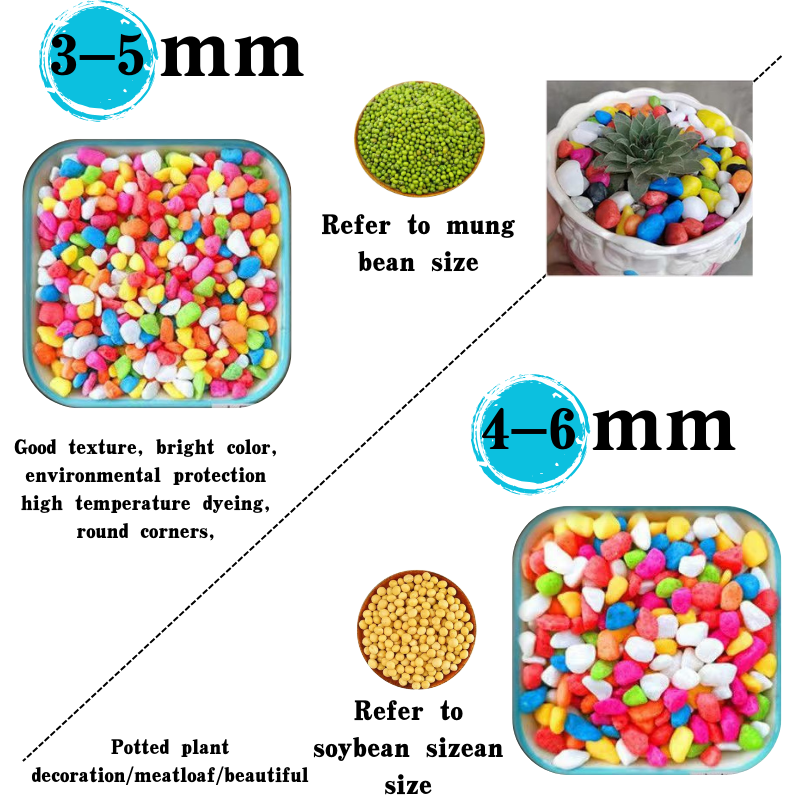
Understanding the Benefits and Applications of Calcined Kaolin in Various Industries
The Importance of Calcined Kaolin in Various Industries
Calcined kaolin, often referred to as calcined clay, is a highly valued material derived from the calcination of kaolin clay. This process involves heating the raw kaolin at high temperatures, typically between 600 to 1200 degrees Celsius, which alters its physical and chemical properties. The resulting product is a white, inert material characterized by its unique particle size distribution, porosity, brightness, and low plasticity. These properties make calcined kaolin an essential ingredient in various industries.
One of the primary industries utilizing calcined kaolin is the paper industry. In paper production, this material serves as a key filler and coating agent. Calcined kaolin enhances the brightness and opacity of paper, providing a smooth surface ideal for printing. As a result, the final product exhibits improved color reproduction and is more visually appealing to consumers. Moreover, the incorporation of calcined kaolin in paper reduces the amount of more expensive materials like titanium dioxide, thus lowering production costs.
In the ceramics industry, calcined kaolin plays a crucial role in the manufacturing of porcelain and stoneware. The heat treatment during calcination decreases the plasticity of kaolin, making it easier to shape and mold. Additionally, calcined kaolin contributes to the strength, whiteness, and finish of ceramic products. Its fine particle size ensures a smooth texture, which is particularly important for high-quality tableware and sanitary ware.
calcined kaolin

The construction industry also benefits significantly from calcined kaolin. It is commonly used as a filler in various building materials, including paints, coatings, and adhesives. When incorporated into paints, calcined kaolin improves opacity, enhances durability, and provides a smoother application. It is an environmentally friendly alternative to synthetic fillers, making it a preferred choice for eco-conscious manufacturers. In addition, its use in cement and concrete provides improved workability and adhesion, contributing to longer-lasting structures.
In the cosmetics and personal care sector, calcined kaolin is valued for its absorbent nature. Its fine particle size allows it to act as an effective anti-caking agent in powders and cosmetics, ensuring smooth application and preventing clumping. Furthermore, its gentle exfoliating properties make it a popular ingredient in facial masks and scrubs, helping to remove dead skin cells and impurities, thereby promoting healthier skin.
Lastly, the agricultural sector has also found uses for calcined kaolin. Farmers apply it as a protective agent for crops, helping to shield them from pests and UV radiation. It acts as a natural deterrent, reducing the need for chemical pesticides. Additionally, its reflective properties can help manage plant temperatures, promoting healthier growth in certain conditions.
In conclusion, calcined kaolin is a versatile and valuable material with applications spanning multiple industries, including paper manufacturing, ceramics, construction, cosmetics, and agriculture. Its unique properties enhance product quality, reduce costs, and promote sustainability. As industries continue to seek innovative and eco-friendly solutions, the demand for calcined kaolin is expected to grow, highlighting its importance in modern manufacturing processes.
Share
-
Premium Pigment Supplier Custom Solutions & Bulk OrdersNewsMay.30,2025
-
Top China Slag Fly Ash Manufacturer OEM Factory SolutionsNewsMay.30,2025
-
Natural Lava Rock & Pumice for Landscaping Durable Volcanic SolutionsNewsMay.30,2025
-
Custom Micro Silica Fume Powder Manufacturers High-Purity SolutionsNewsMay.29,2025
-
Custom Mica Powder Pigment Manufacturers Vibrant Colors & Bulk OrdersNewsMay.29,2025
-
Custom Micro Silica Fume Powder Manufacturers Premium QualityNewsMay.29,2025






